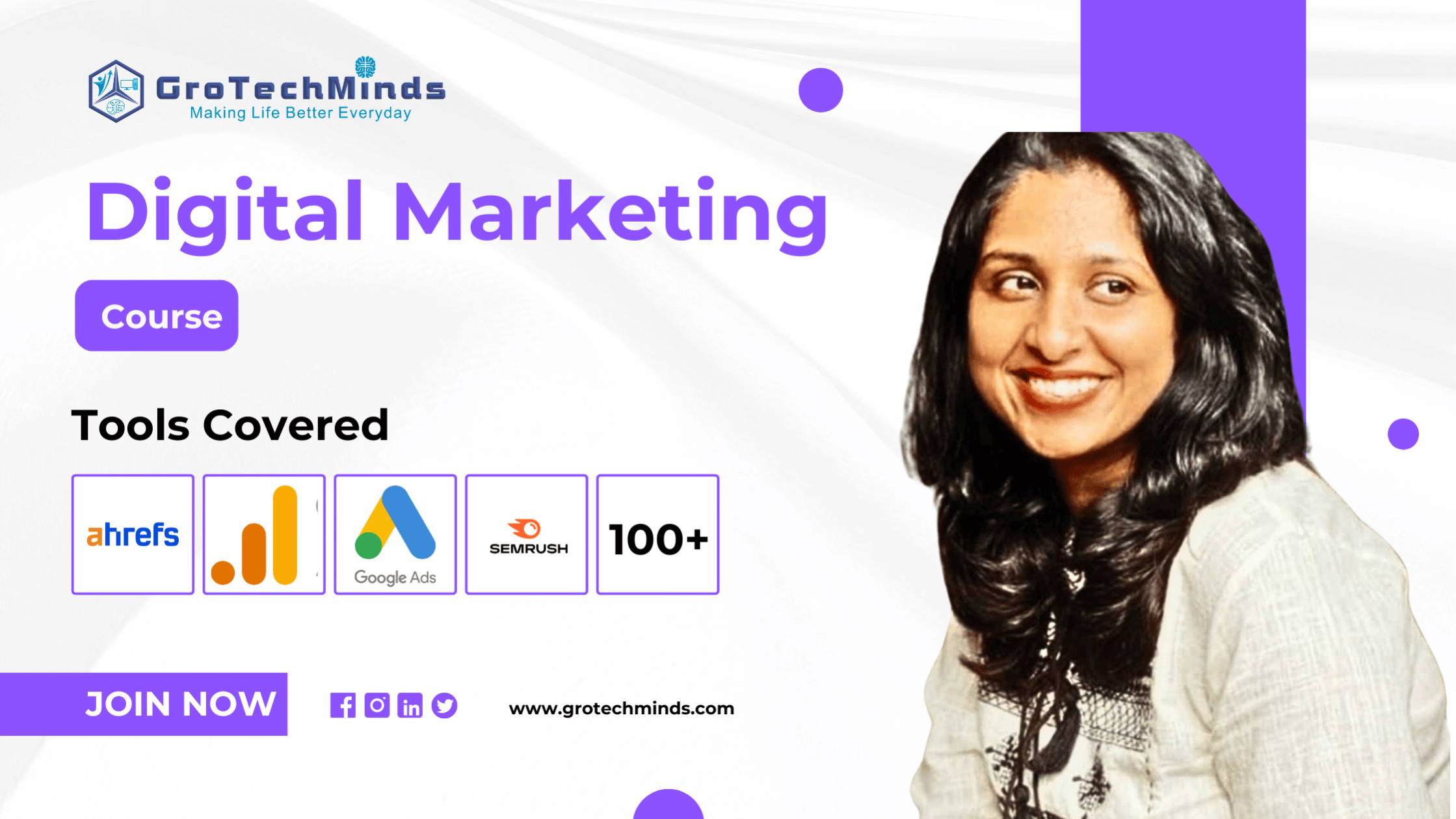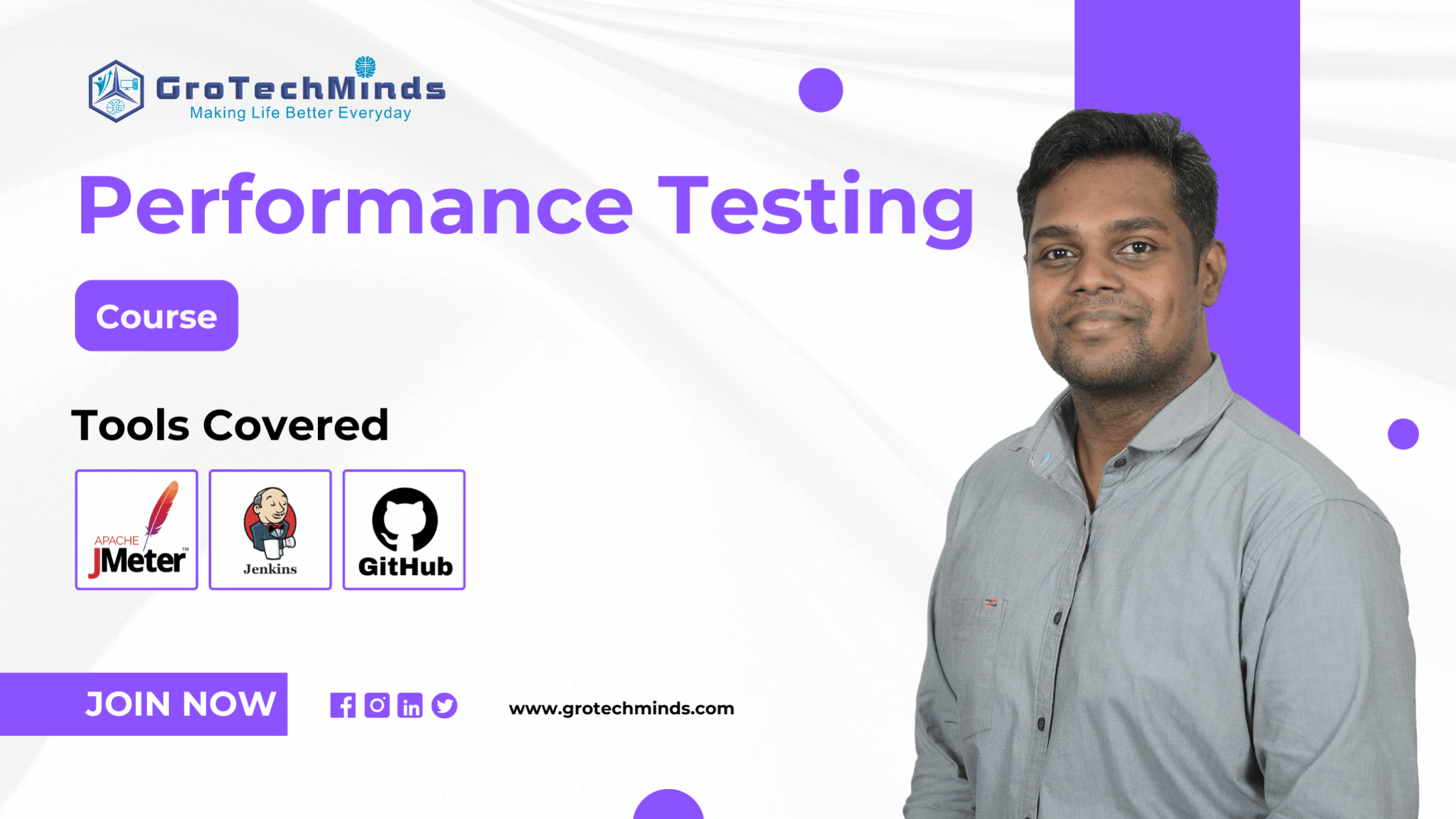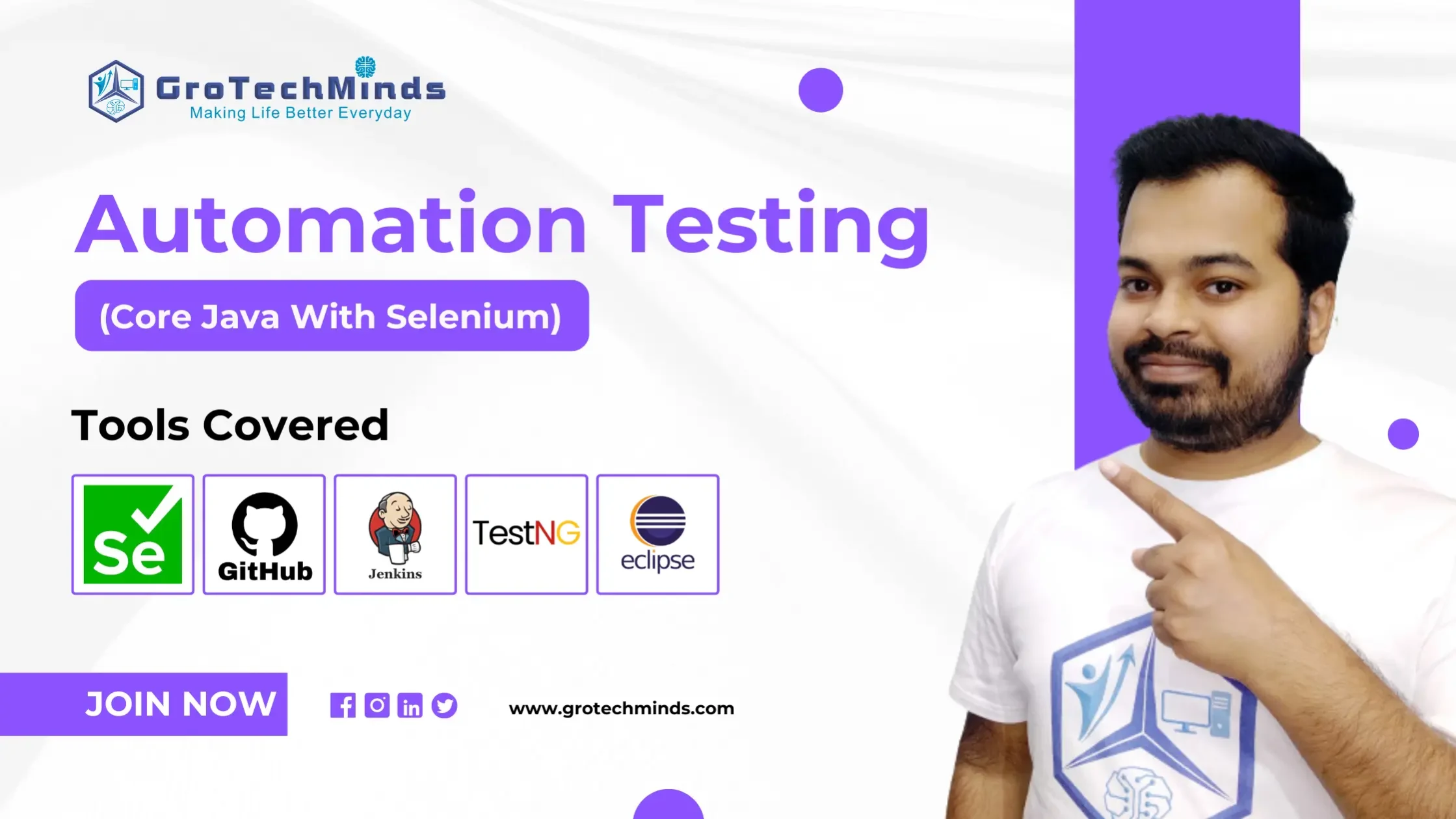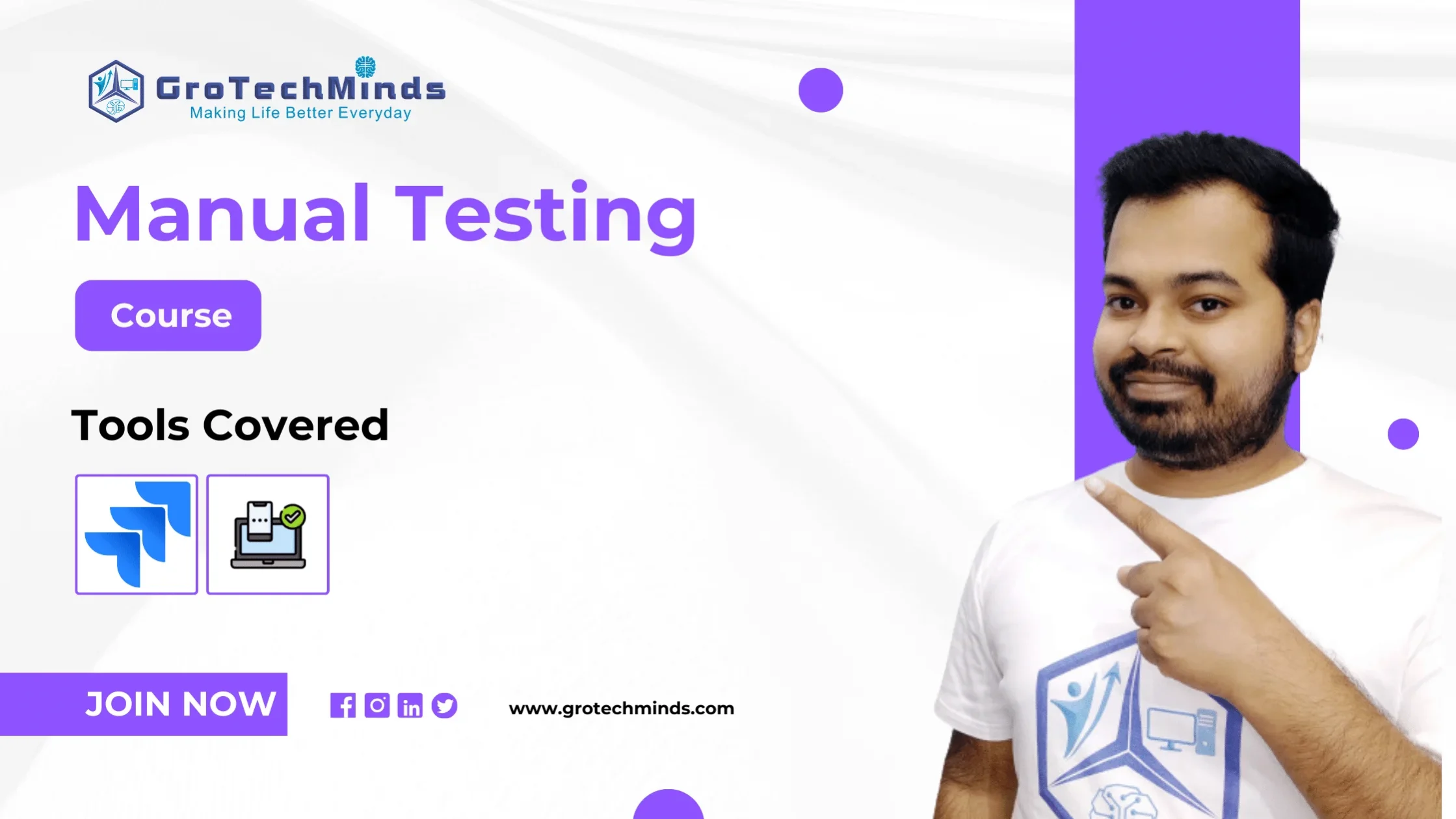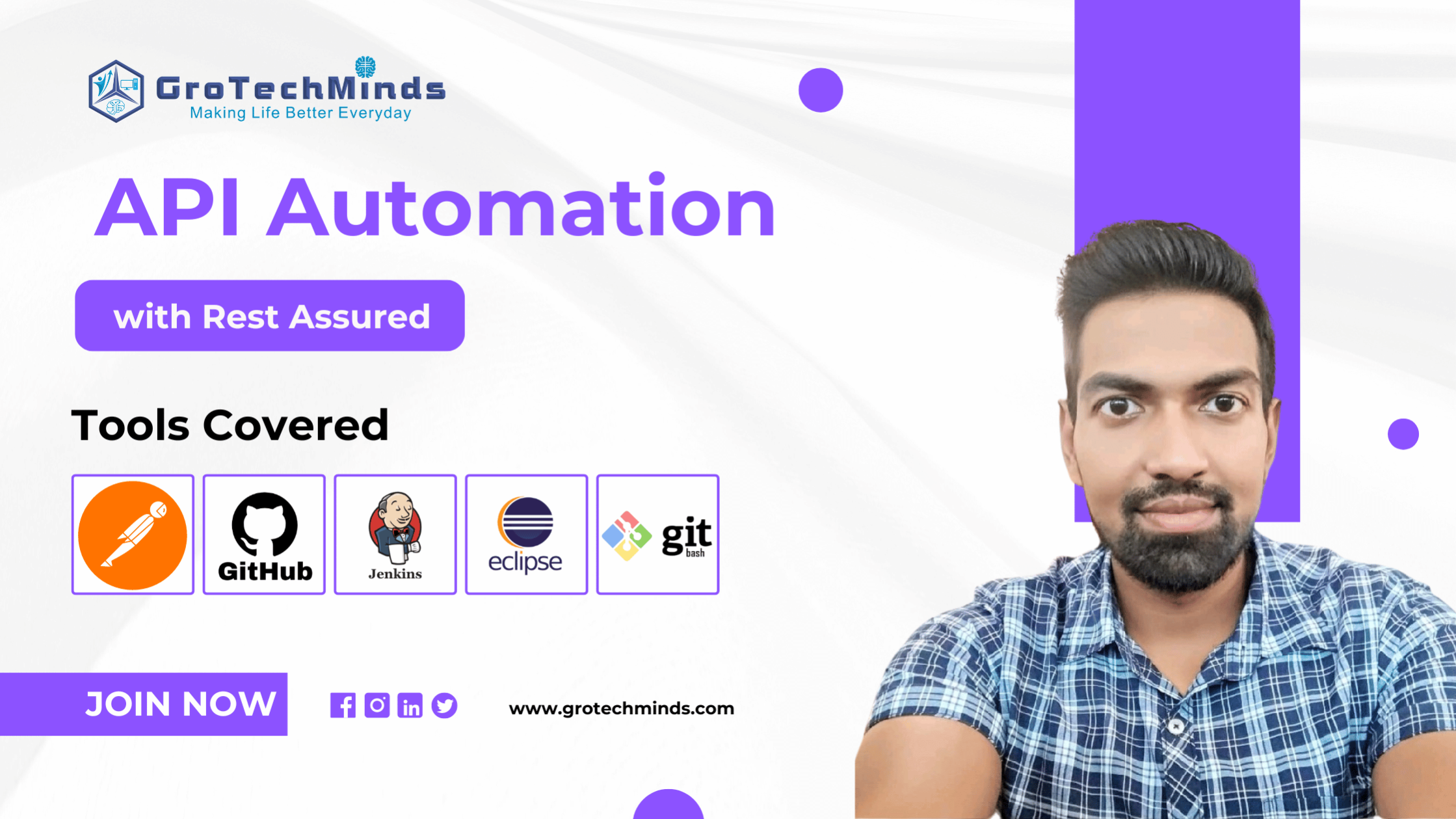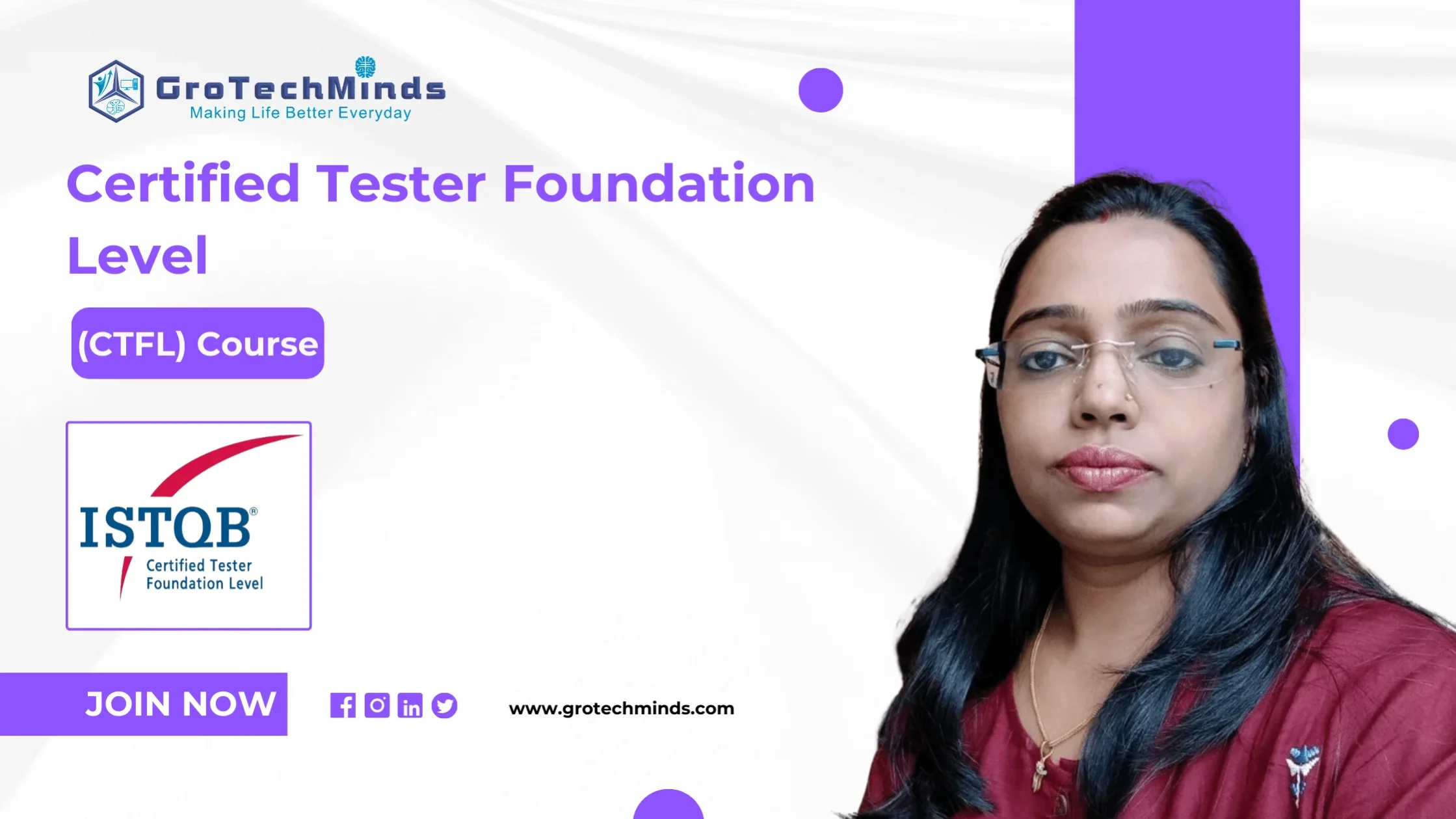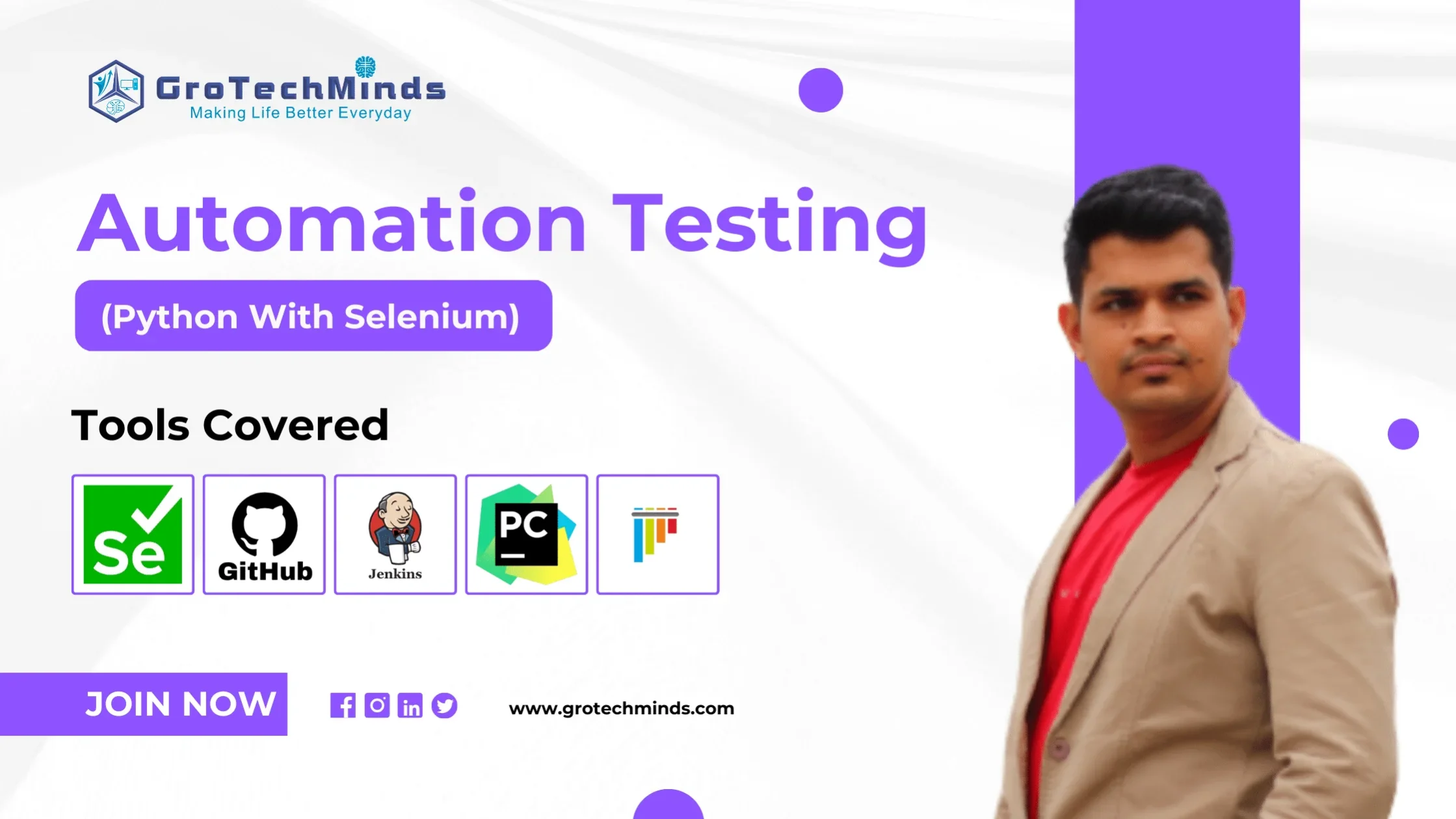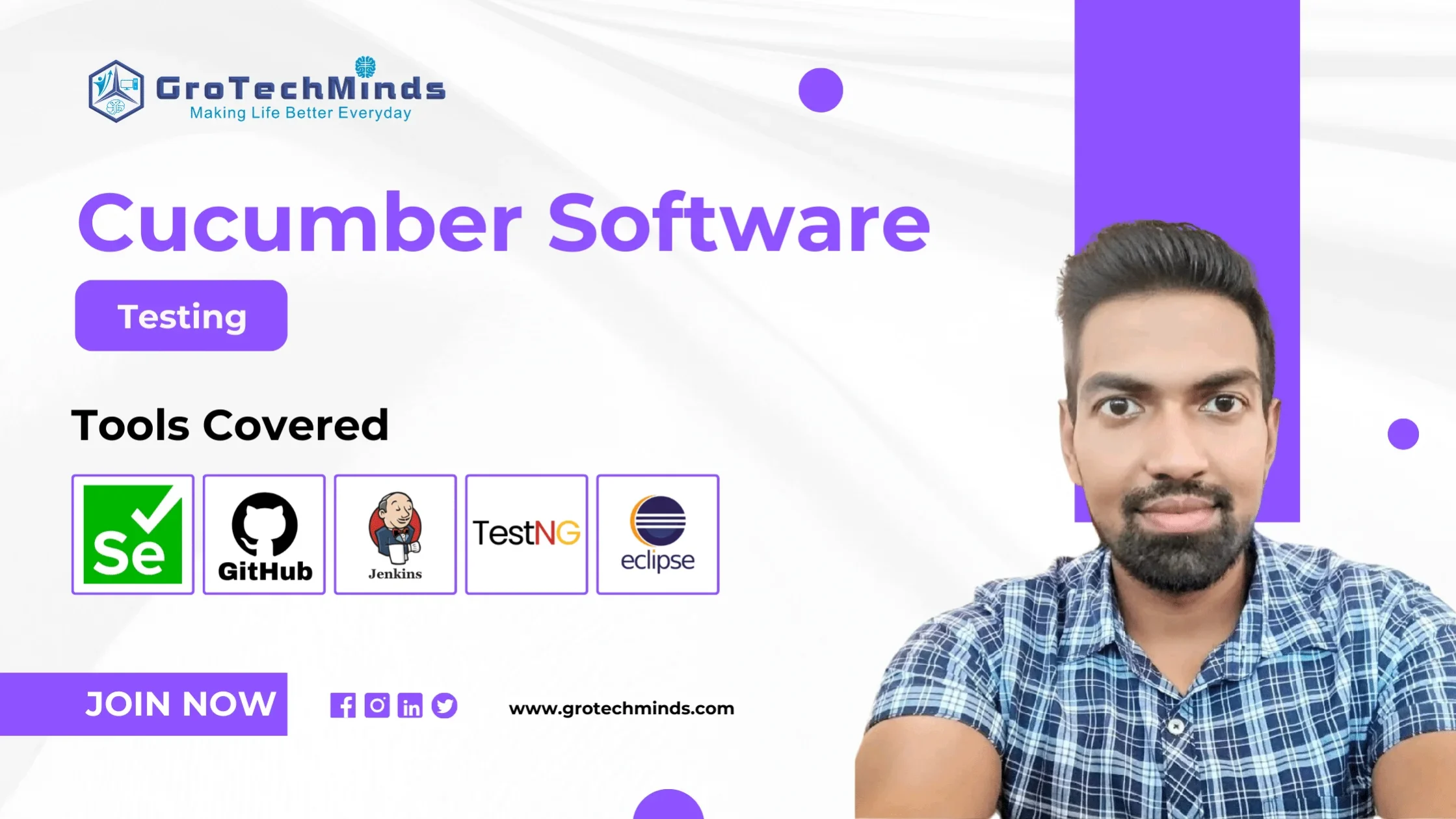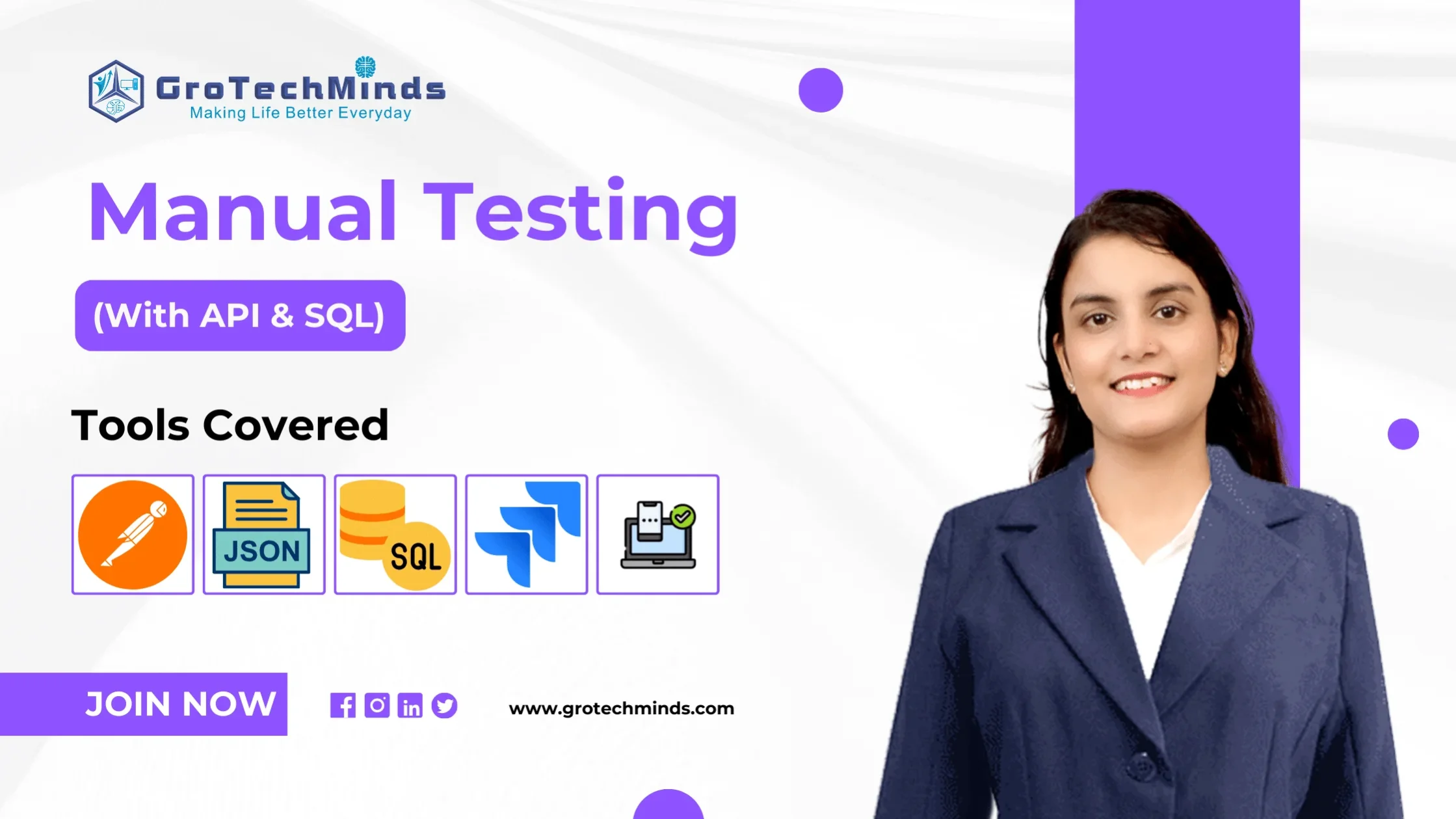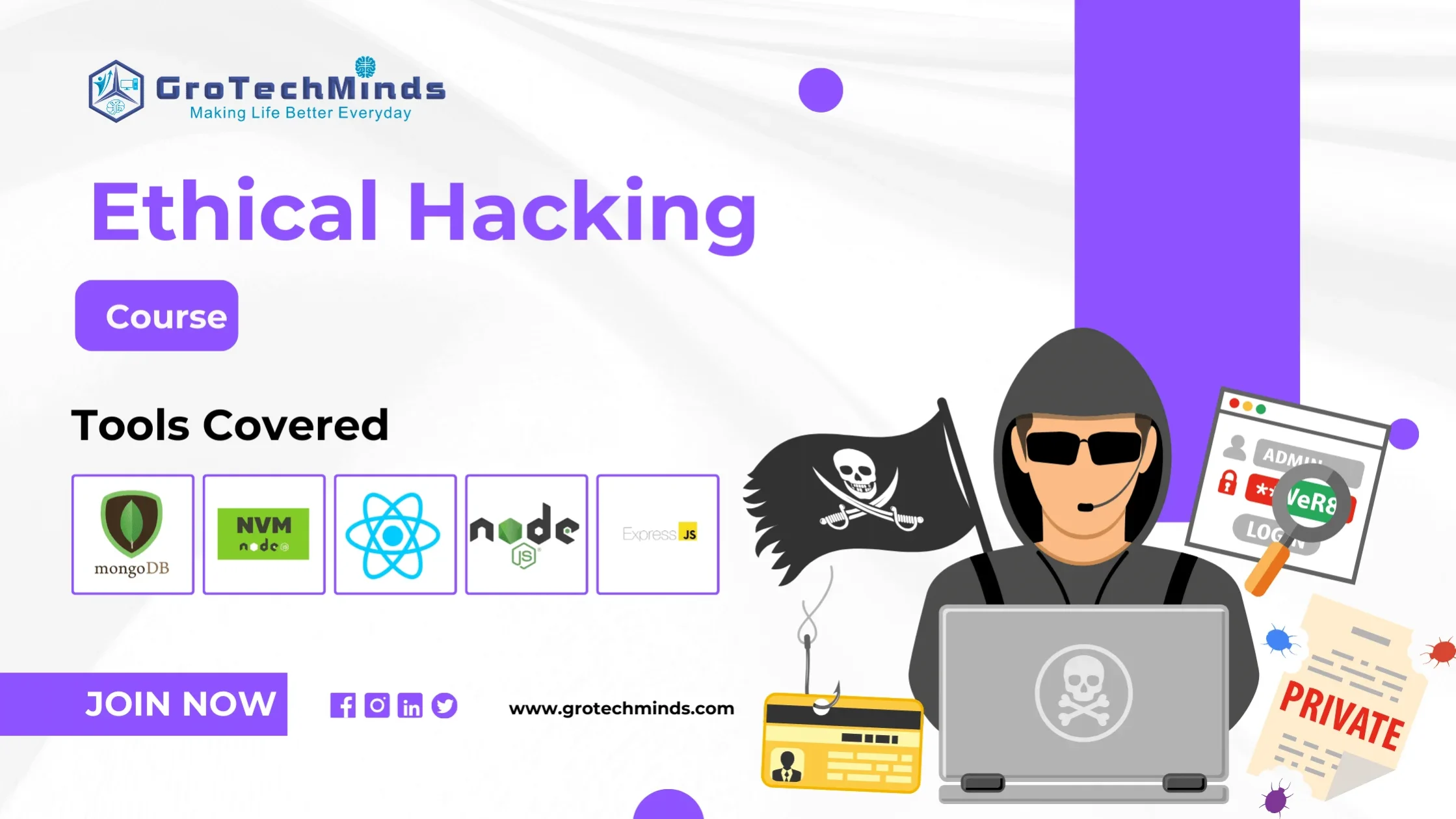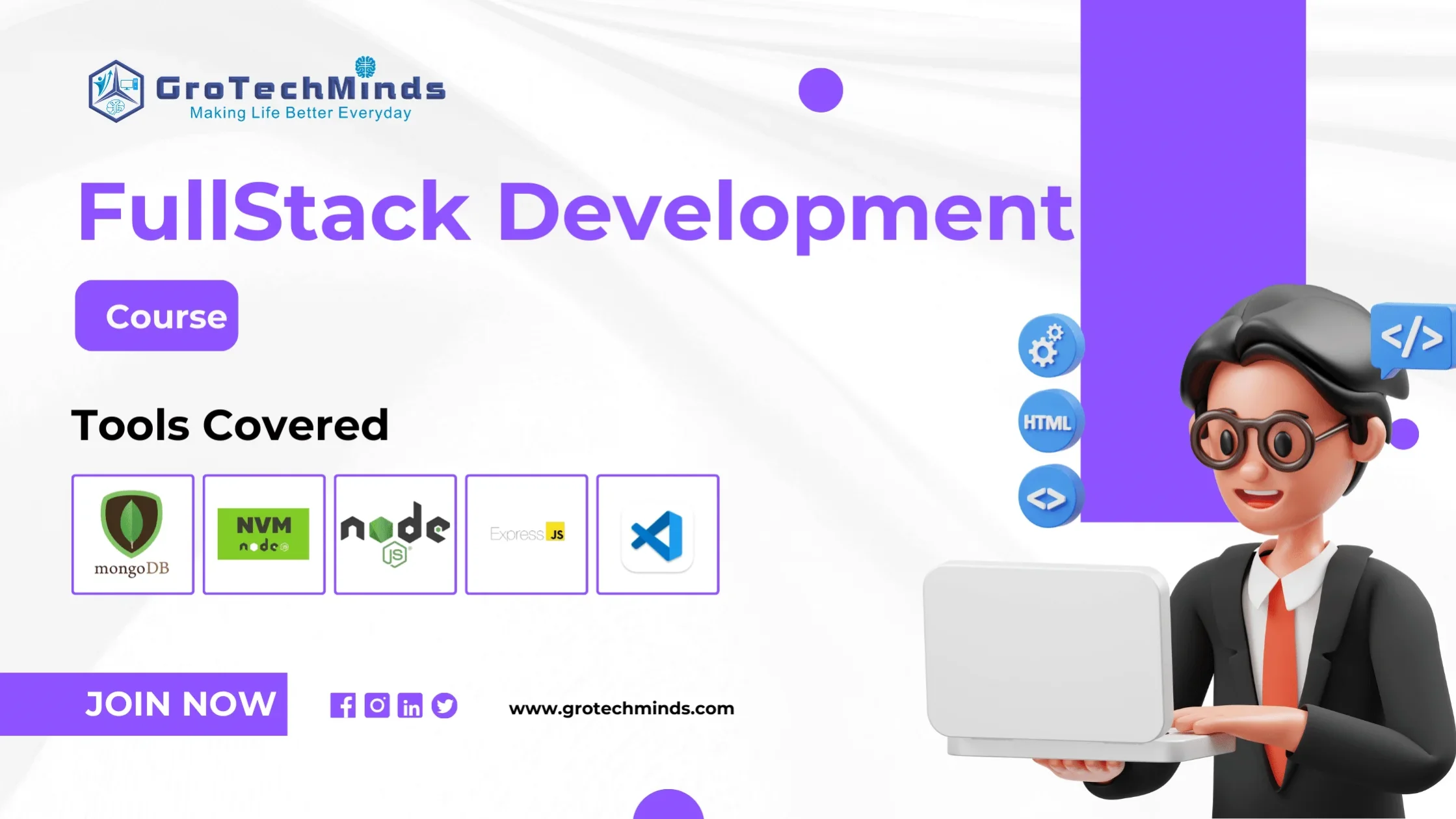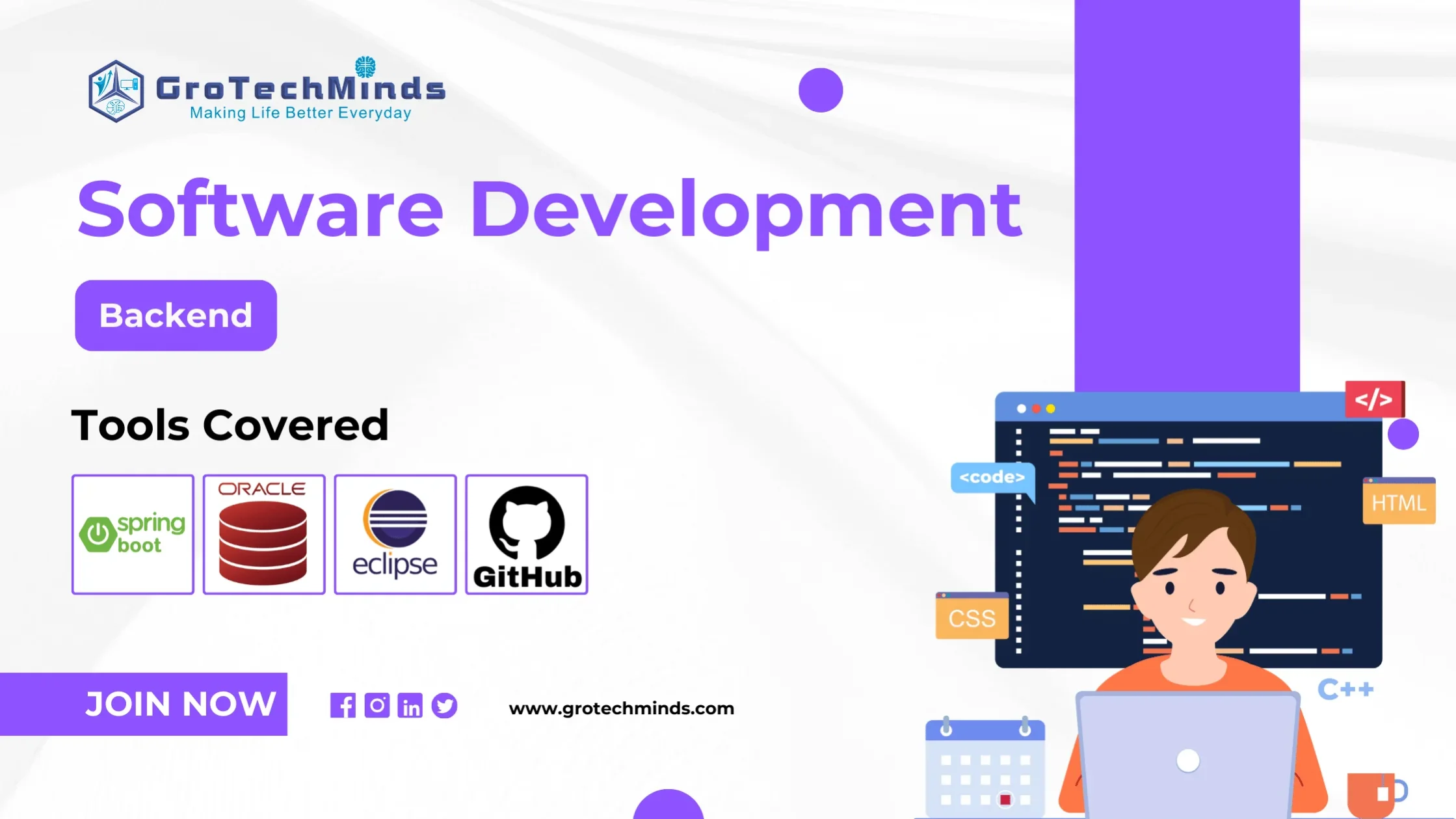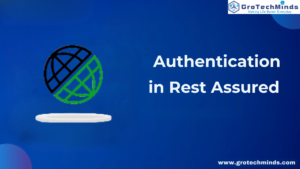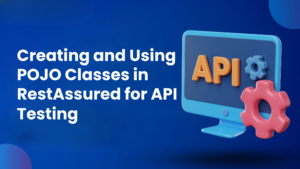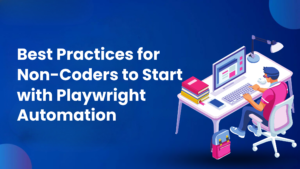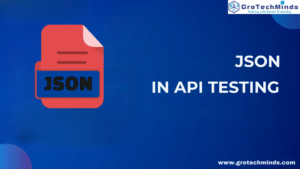
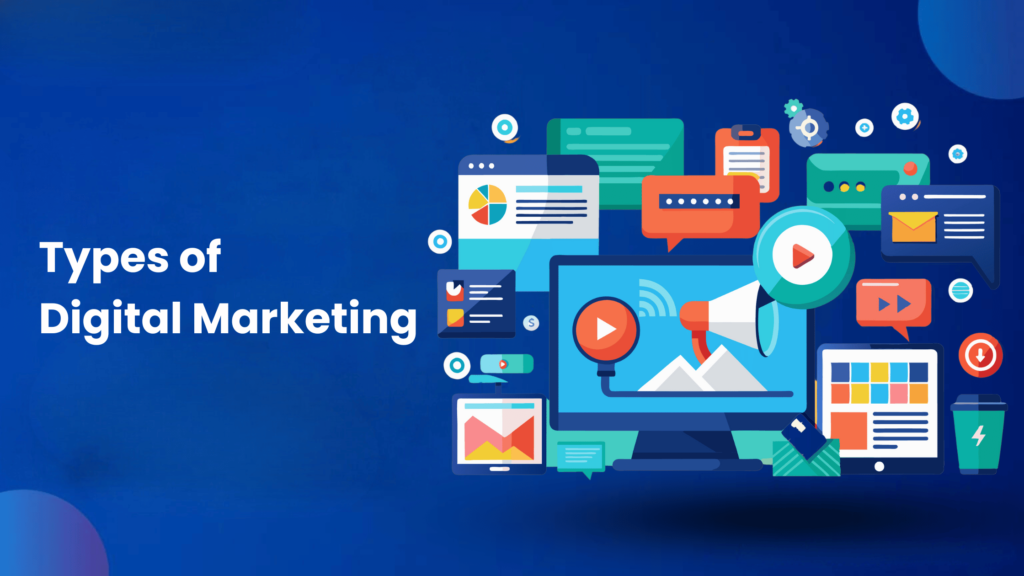
Types of Digital Marketing
Digital marketing has become a fundamental part of current company strategy, transforming the way businesses interact with their target audiences. Businesses may efficiently promote products and services, communicate with customers, and assess marketing performance by utilizing multiple types of digital marketing.
Digital marketing refers to a wide range of online marketing methods and channels used to reach and engage potential customers. It involves employing digital technology like the internet, mobile devices, and other digital media to accomplish marketing goals.
In today’s digital age, consumers are increasingly using online platforms to conduct product research, make purchases, and interact with brands. As a result, businesses must have a strong digital presence to remain competitive and efficiently reach their target audience.
Key Takeaway: Throughout this article, we will look at different sorts of digital marketing strategies, discussing their particular features and importance in a full online marketing strategy. Understanding these various methods allows firms to design well-rounded digital marketing campaigns that resonate with their target audience and produce real results.
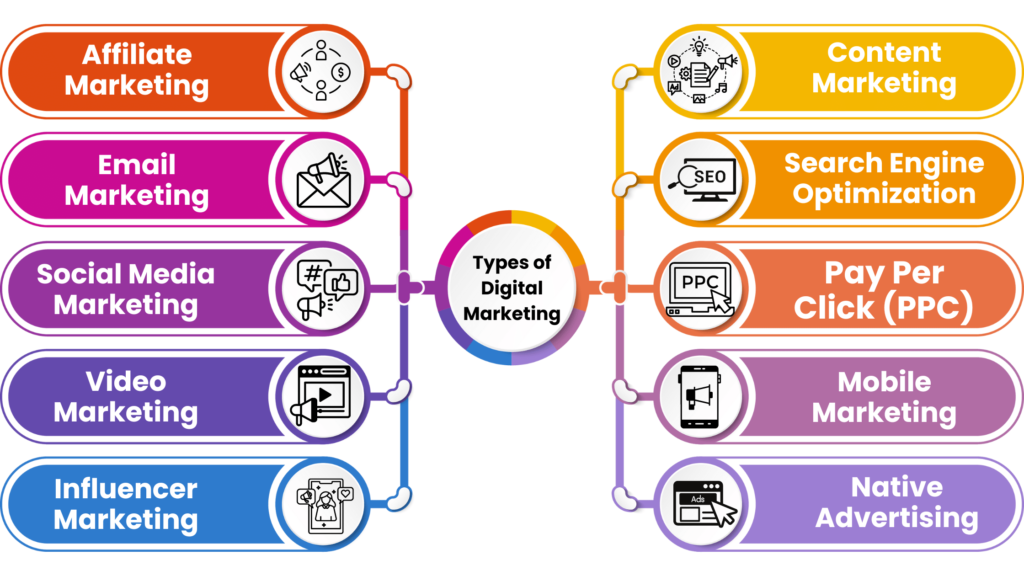
Affiliate marketing is a performance-based marketing method in which firms reward affiliates for each customer acquired through the affiliate’s own marketing efforts. This strategy allows organisations to broaden their reach and boost revenues through the efforts of third-party marketers.
Affiliate marketing functions through the use of tracking links and cookies, enabling businesses to track the source of their customers and compensate affiliates accordingly.
- A cost-effective marketing method
- Expands audience reach.
- Performance-based payment scheme.
- Potential for fraudulent activity.
- Leaning on third-party marketers
- Management Complexity
Content marketing is a strategic approach that focuses on developing and delivering valuable, relevant, and consistent information in order to attract and maintain a certain target audience. It involves employing various sorts of content to attract consumers and motivate profitable customer action.
Content marketing is the process of creating and distributing valuable information in order to attract and maintain a certain target audience. This information can take various forms, including blog articles, videos, social media postings, infographics, and more.
High-quality content is essential for building trust, increasing traffic, and building customer connections. It improves brand visibility and builds trust with the target demographic.
Effective content marketing strategies include a variety of material kinds, including blog articles, ebooks, podcasts, videos, infographics, case studies, social media postings, and more. Each style has an individual reason for engaging and informing the audience.
Key Elements of an Impactful Content Marketing Strategy
- Careful planning
- Audience research
- Compelling storytelling
- Relevant and valuable content creation
- Effective distribution channels
- Consistent engagement with the audience
- Continuous performance analysis for optimization
Businesses may successfully connect with their target audience by recognizing the importance of quality content in driving digital success and exploring the many forms of material utilized in effective content marketing campaigns.
Email marketing is a strong tool which allows businesses to interact directly with their customers. It involves sending customised emails to a list of people who have expressed interest in your products or services.
Here are some key points to consider when it comes to email marketing:
Email marketing offers a unique opportunity to connect with your target audience on a personal level. Sending personalised messages right to their inbox allows you to give relevant material, promotions, and updates.
One of the main goals of email marketing is to develop close relationships with your consumers. By continuously offering valuable and enjoyable material, you can nurture your audience and encourage them to become committed brand supporters.
While email marketing can be incredibly effective, it is not without its limitations. Common challenges include avoiding spam filters, increasing open and click-through rates, and keeping an engaged subscriber base. However, by employing best practices such as audience segmentation, email personalization, and regular campaign performance analysis, you can overcome these obstacles and achieve success.
Email marketing remains a powerful strategy in the digital marketing landscape. Its ability to directly connect and engage with your target audience makes it a vital instrument for organisations seeking to create long-term customer relationships and boost conversions.
Search Engine Optimization (SEO) is an important part of digital marketing with the goal to increase online visibility and organic traffic to websites. SEO seeks to improve a website’s content and structure so that it ranks better in search engine results pages (SERPs).
Here are some key points to consider:
SEO includes a variety of approaches and strategies for increasing a website’s visibility on search engines such as Google. This includes:
Keyword research: Identifying the terms and phrases that your target audience uses while looking for information about your business.
On-page optimization: Individual web pages are optimized by including relevant keywords, providing high-quality content, optimising meta tags, and improving user experience.
Technical SEO: Ensure that your website fits search engines’ technical standards, such as a mobile-friendly design, fast loading speed, and suitable URL structure.
Off-page optimization: uilding backlinks from other reputable websites, engaging in social media promotion, and leveraging other external factors that can positively impact your search engine rankings.
Off-page optimization: uilding backlinks from other reputable websites, engaging in social media promotion, and leveraging other external factors that can positively impact your search engine rankings.
On-page SEO focuses on optimising individual web pages by including important keywords, producing high-quality content, optimising meta tags, and improving user experience.
- Conducting broad keyword research and strategically placing such keywords throughout your article.
- Creating original and valuable content that meets the search intent of your target audience.
- Optimise your page names, headings (H1-H6), meta descriptions, and URL structures with relevant keywords.
- Improving every aspect of your website by making it easy to navigate, mobile-friendly, and quick to load.
Off-page SEO includes backlink creation, social media promotion, and other outside factors that affect search engine rankings.
- Creating high-quality backlinks from websites that are experts in your field.
- Engaging with your target audience on social media and promoting the content you create.
- Guest writing on relevant websites can help you improve brand recognition and create referral traffic.
- Participate in industry-specific online networks and forums to position oneself as an expert and gain backlinks.
Search engine algorithms are continuously changing, and keeping up with the current best practices is essential for maintaining a competitive advantage. Here are some key areas to focus on:
Mobile optimization: With the growing use of mobile devices for internet browsing, having a mobile-friendly website is essential for both user experience and search engine results.
User experience (UX): Search engines favor websites that offer a positive user experience. This includes features like simple navigation, quick loading times, simple design, and relevant content.
Site speed: Slow-loading websites bother users and obtain lower search engine ranks.
Keywords: social media marketing.
Talking points:
- Using the Power of Social Media Platforms for Brand Building and Engagement.
- Effective Strategies for Driving Results with Social Media Campaign
Pay-Per-Click (PPC) advertising is a digital marketing method in which marketers pay a fee when their ad is clicked. This technique provides quick visibility online by posting advertising in strategic sites like search engine results pages or social media platforms, allowing consumers to find similar products or services as they search.
Keyword Research: Identify the right keywords to efficiently reach your target audience.
Compelling Ad Copy: Create requiring and appealing ad content to increase clicks and conversions.
Landing Page Optimization: To boost conversions, make sure the landing page provides a seamless and appropriate user experience.
Continuous Monitoring and Optimization:Regularly analyse campaign performance and make required changes to optimise ROI.
By implementing these tips, businesses can maximise the impact of their PPC campaigns and achieve their digital marketing goals effectively.
Video marketing is becoming more and more common since it effectively captures the audience’s attention.
- The growing use of video content has changed how businesses communicate with their intended audience. It provides a dynamic and visually appealing manner of communicating.
- To target various types of viewers, you can use a variety of types of videos such as tutorials, product demonstrations, vlogs, and storytelling.
- Focus on creating high-quality content
- Use engaging storytelling techniques
- Include a clear call to action to drive viewer engagement and conversion
Mobile marketing plays an important role in today’s digital environment, as more and more individuals utilize their mobile devices for everything from collecting data to purchasing. For your success in this mobile-first era, keep the following crucial points in mind:
Make sure your website and landing pages are mobile-friendly. This implies they should automatically adjust to multiple screen sizes and be simple to use using a touch interface.
Use advertising methods that are customised to mobile users. This may involve inserting adverts into mobile apps, appearing in search results when someone searches on their phone, or generating display ads for smaller screens.
By adopting location-based marketing tactics, you can take advantage of the fact that the majority of mobile devices include GPS capabilities. This could include creating virtual boundaries around specific locations (known as geofencing) and sending targeted messages or offers to anyone who access those areas.
Consider integrating SMS (text message) marketing into your overall plan. Text messages have a far higher open rate than other kinds of communication, so they can be an effective way to get your messages read. Just make sure to get people’s permission before sending them texts!
If it makes sense for your business, think about creating a mobile app. Apps can offer a more personalised and interactive experience compared to websites, and they also allow for direct communication with your audience through features like push notifications.By using these mobile marketing strategies, you’ll be able to interact with your target audience on the devices they use the most and create significant outcomes for your organisation.
Influencer marketing has come to be an effective approach for firms to interact with their target demographic and improve their online visibility. Leveraging industry influencers allows you to genuinely and effectively enhance your brand message. By developing genuine relationships with influencers, you may form effective collaborations that resonate with your target audience and increase engagement.Influencer marketing not only expands your brand’s reach, but it also builds credibility and trust with consumers. Strategic collaborations with influencers allow organizations to deliver their message in a more sympathetic manner, resulting in greater brand awareness and consumer loyalty.
Native advertising is a type of paid media in which the ad experience matches the natural form and function of the user experience in which it appears. It integrates effortlessly into the platform, making it less disruptive and more interesting to the audience.
Talking Points:
Consumer behaviour in the online environment is always evolving. It is shaped by technological, cultural, and market developments. To stay ahead of the competition, digital marketers have to understand these shifts and adapt their strategy accordingly.
Taking in Innovation: Exploring New Boundaries of Online Marketing OpportunitiesAs technology progresses, new online marketing methods arise. Here are some cases
Audio Marketing:Using podcasts and optimising for voice searches.
Chatbot Marketing:Using chatbots to personalise consumer interactions.
Virtual Reality (VR) Marketing: Creating engaging brand experiences with virtual reality.Businesses that adopt these advances will gain an edge in reaching and communicating with their target audience.
The world of digital marketing is always changing, offering new challenges and opportunities for organisations. As technology advances, it becomes increasingly crucial to stay ahead of the pack in digital marketing efforts.
- Being open to new ideas is crucial for maintaining success in online marketing. This involves looking at new areas such as audio marketing, chatbot marketing, virtual reality (VR) marketing, and others.
- Adapting to how digital consumers behave is critical to success in the ever changing world of digital marketing.
In order to connect with their audiences, digital marketers must be adaptable and eager to incorporate new technology into their plans.
In conclusion, digital marketing is a multifaceted field that offers a wide range of strategies and tools to help businesses thrive in the online world. By understanding the various types of digital marketing methods such as SEO, social media marketing, content marketing, and email marketing, you can create a comprehensive digital strategy to reach your target audience and achieve your business goals.
Stay informed on the latest digital trends and continue to experiment with different tactics to stay ahead in the digital marketing game. Remember, digital marketing is a dynamic and
ever-evolving landscape, so be adaptable and willing to explore new opportunities to enhance your online success. Whether you are a seasoned marketer or just starting out, the key is to stay curious, creative, and committed to continuous improvement in your digital marketing efforts. Embrace the digital revolution and watch your business soar to new heights.
Consult Us

